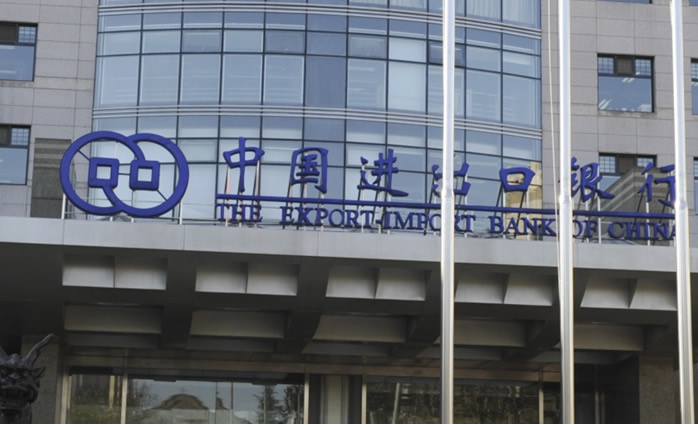In a bid to rejuvenate its lagging economy and address the ongoing housing slump, six of China’s largest banks, including the Industrial and Commercial Bank of China, the Agricultural Bank of China, and the Bank of China, announced plans to adjust interest rates on existing home loans. This decision came in response to a directive from the People’s Bank of China, the central bank, requesting such adjustments to alleviate the financial burden on homeowners. Scheduled to take effect on October 31, the changes reflect a broader effort by the Chinese government to stimulate economic growth as it grapples with the implications of a prolonged downturn in the housing sector, which has historically constituted about a quarter of the nation’s gross domestic product (GDP).
The urgency of these measures has grown within the context of China’s economic outlook for the year, with leadership aiming for a modest growth target of around five percent. However, analysts have characterized this goal as overly optimistic given the multitude of challenges facing the economy, particularly in the housing market. The stark contrast between two decades of rapid property sector expansion and the current slump highlights the significance of these emerging financial pressures on overall economic stability. The anticipated rate cuts are part of a larger package of commitments made by the government, which have included discussions of broader fiscal interventions aimed at revitalizing domestic consumption and investment.
In a positive response to these announcements, markets in both Hong Kong and mainland China experienced a surge, with indexes in Shanghai and Shenzhen seeing notable gains. Shares of key property developers skyrocketed, with companies like Kaisa and Sunac reporting substantial increases in stock value. The market rally signaled a measure of optimism among investors, particularly following the revelations that several major cities, such as Guangzhou and Shenzhen, would also ease regulations around home purchases. In a significant policy shift, these cities indicated that they would no longer impose restrictions on prospective buyers’ eligibility or limit the number of homes an individual can own.
This regulatory relaxation reflects the pressing need to invigorate the housing market, which has faced diminished buyer interest in recent years. Housing market analysts, such as Yan Yuejin, emphasize that a revitalization of property transactions is crucial for stimulating domestic consumption—a critical component of economic growth. The combination of low consumer confidence in real estate, increased caution among potential buyers, and regulatory constraints has created an environment in which the government’s attempts to breathe life back into the market have become paramount to broader economic recovery efforts.
Despite the government’s proactive approach, skepticism remains regarding the effectiveness of these initiatives in significantly reviving market conditions. Experts like Zhiwei Zhang have pointed out that while the recent moves reflect an attempt at stimulating the economy, the impact may be limited due to the localized nature of the changes and the relative significance of the cities involved in the national property market puzzle. Moreover, the broader economic landscape, as evidenced by continued contractions in manufacturing activity—reflected in the Purchasing Managers’ Index—indicates that the challenges facing the Chinese economy extend beyond real estate and require more substantial fiscal policies for effective remediation.
As China navigates through these complex economic waters, the interplay between regulatory adjustments in the housing sector, central bank policies, and broader fiscal strategies will be critical in determining the trajectory of recovery. While the latest measures may provide short-term relief and reinforce investor confidence, the road ahead remains contingent on addressing deeper structural issues that have long plagued the economy, spanning beyond mere policy shifts to encompass comprehensive economic reforms and targeted growth initiatives. With the central leadership maintaining vigilance over “new problems” that have surfaced in the economy, the stakes remain high for a country that relies heavily on a vibrant property sector as a cornerstone of its economic vitality.














